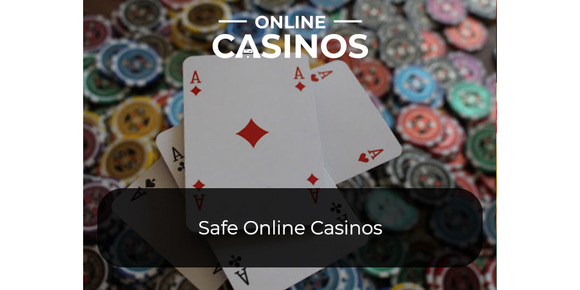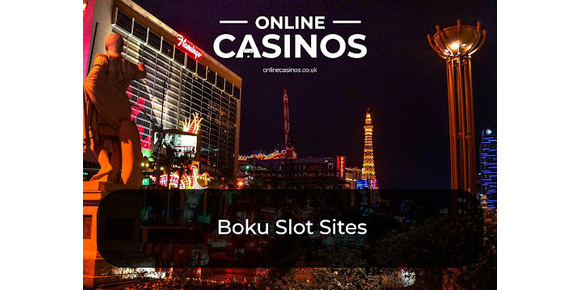Black Friday is generally known around the globe as the frenzied shopping event that marks the start of the Christmas shopping period. But for those in the world of poker, Black Friday refers to something very different — and much darker. Read on to discover how, on April 15th 2011, the world of online poker in the US changed forever.
What is Black Friday in poker?
Black Friday refers to the day on which the US Department of Justice (DOJ) shut down several major online poker providers — PokerStars, Absolute Poker, and Full Tilt Poker — and charged their executives with the crimes of money laundering, bank fraud, and illegal gambling.
The businesses all ceased operating almost immediately. Its executives faced a lengthy trial, a long stretch in prison, and had assets worth around $3 billion seized by the US government — and that was just the poker companies.
Poker players from all over the US who used PokerStars, Full Tilt Poker, and Absolute Poker (plus Absolute Poker’s sister site, Ultimate Bet) were hit hard by Black Friday. Gamblers woke up to find their accounts locked, unable to access their winnings online.
How did poker’s Black Friday start?
The story of poker’s Black Friday all starts with the Unlawful Internet Gambling Enforcement Act (UIGEA) of 2006. Signed off by then-President George W. Bush, the act was included as a last-minute amendment to a port security bill by two anti-gambling Republican senators.
The UIGEA’s stealthy addition to an otherwise unrelated issue meant that it flew under the radar of many. This was compounded by the fact that the bill didn’t go after the poker players — it went after the companies that handled the money. As a result, the UIGEA made it illegal to handle any funds made from gambling.
This put the pressure on online poker providers, and the biggest company, Party Poker, buckled. It paid a whopping $105 million fine and in return for freedom from prosecution, ceased operating in the US.
Opportunity knocks
With Party Poker out of the picture, this left a lucrative gap in the market, a gap that did not go unnoticed. Smaller online poker companies such as Full Tilt Poker and PokerStars, tempted by the potential profits to be made, were only too happy to meet the demand left by Party Poker’s exit, despite the risk of prosecution.
Part of these companies’ willingness to jump into the US market was down to their country of registration. Full Tilt Poker was registered in the Channel Islands, while PokerStars was based on the Isle of Man. As a result, they felt they were beyond the reach of the US judicial system.
However, despite their apparent immunity from prosecution, PokerStars and Full Tilt Poker had difficult finding payment processors willing to handle their finances. As a consequence, they began to search for alternative payment processors, with sometimes illicit methods.
Time to cash out
PokerStars and Full Tilt allegedly approached struggling banks to offer their business, in return for hiding their illicit transactions. The banks started turning a profit again, and the online poker providers could continue operating — it was a win-win.
Meanwhile, in Congress, a number of politicians were attempting to reverse the prohibitive gambling laws. Despite this, the DOJ filed charges against a number of payment processors accused of handling gambling funds.
The net was closing in on online poker providers, and several deals between poker companies and banks were shut down by the DOJ.
This situation was exacerbated for Full Tilt Poker by the fact that its owners had withdrawn more than $444 million of profit from the business. But with deals with payment processors falling through at an alarming rate, Full Tilt Poker had no funds to cover the shortfall from these withdrawals.
By 2011, Full Tilt Poker’s players had around $390 million of funds in their accounts, an amount that the online poker provider was unable to pay them. Black Friday happened, and Full Tilt Poker was accused of running a “global Ponzi scheme” that fleeced its US customers of almost $150 million.
After Black Friday, a $2.5 billion industry was brought to its knees.
What happened after poker’s Black Friday?
A month after Black Friday, PokerStars paid its US players back in full. Full Tilt Poker was at first unable to pay back its players, although it eventually started refunding them back in 2014.
And in June of the same year, the Canada-based Amaya Gaming Group acquired the parent company of both Full Tilt Poker and PokerStars. As a publicly-traded business, the arrival of Amaya raised hopes that online poker would become legitimised in the US once again.
What is the current US gambling law?
Today, only a few online poker cardrooms operate in the US, restricted to just three states: Nevada, Delaware and New Jersey. And even then, the legalisation of online poker is largely due to the promise of the potential revenues generated by gambling sites.
Most professional US players look further afield for their online poker fix — Canada and Costa Rica are the most common countries for American poker players to visit.
However, land-based casino gambling is legal across most US states, with the exceptions of Utah and Hawaii. Las Vegas has the laxest gambling laws, and Native American casinos can be found across the country, which offer a variety of casino games to play.
When it comes to online casinos, the law is a little more complex.
The Interstate Wire Act of 1961 prohibits specific types of betting businesses, including online gambling. However, this was re-examined in 2011 by the DOJ, which concluded that all online gambling is fine (with the exception of sports betting).
However, this was reinterpreted yet again in 2018. As a result, the Department of Justice declared that all online gambling was illegal. At the time of going to press, the DOJ is holding off implementing this law to allow businesses to get their affairs in order and meet the new legal requirements.
What is the current UK law on gambling?
If all this is getting you antsy — fear not! Online gambling is still completely legal in the United Kingdom, monitored and regulated by the government. You can continue to play in your favourite online casino, safe in the knowledge that you’re free from any looming Black Friday.
Poker’s Black Friday changed the US gambling landscape forever. Even today, the battle for a regulated online gambling industry and complete prohibition rages on. But as it does so, you can be sure that OnlineCasinos.co.uk will bring you all the latest updates as they happen. Stay tuned!






